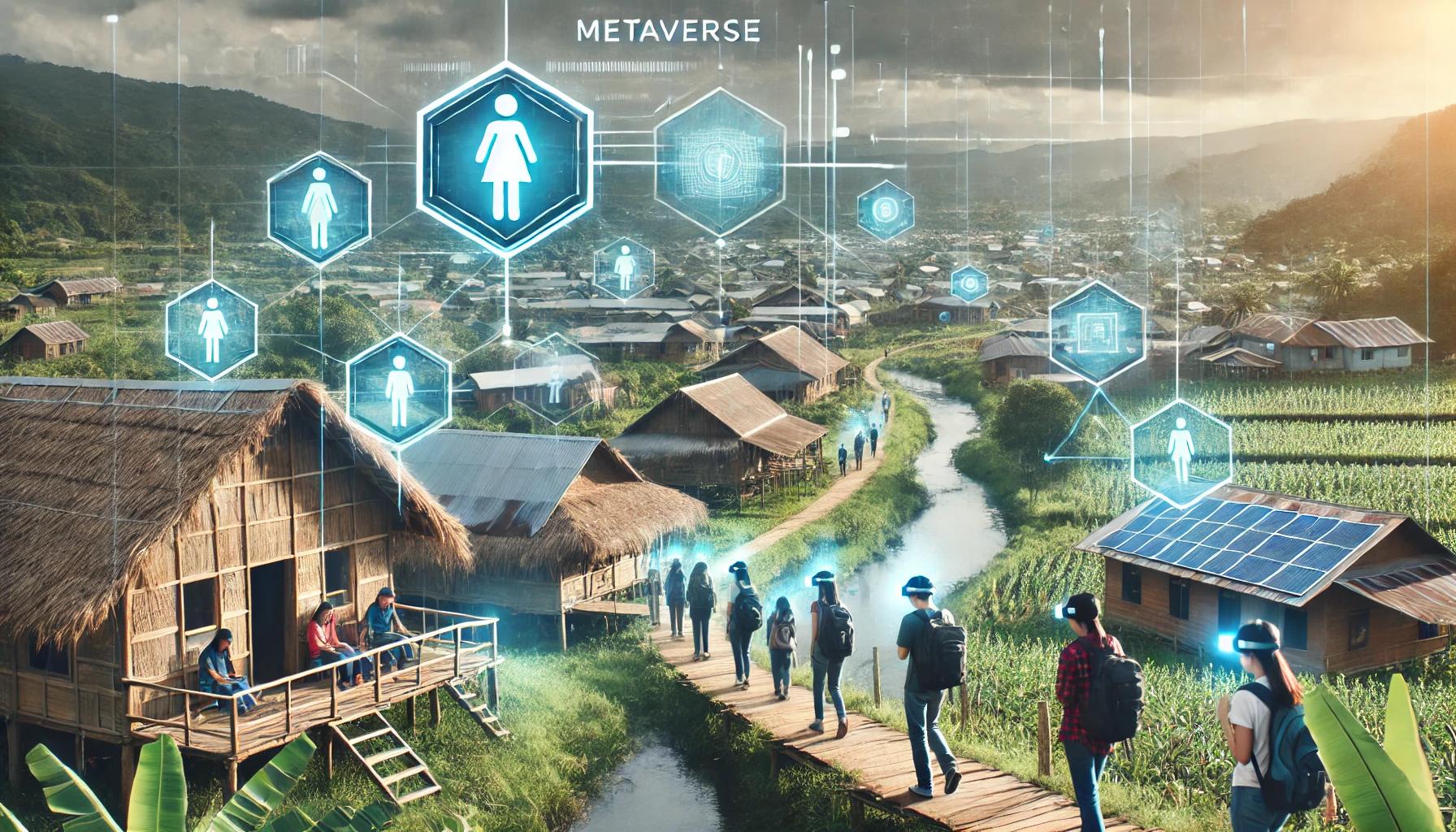ByteDance plans a major jump in AI spending next year as global chip access remains uncertain. The firm is preparing heavier investment in processors and infrastructure to support demanding models across its apps and cloud platforms.
The company is budgeting nearly nine billion pounds for AI chips despite strict US export rules. A potential trial purchase of Nvidia H200 hardware could expand its computing capacity if wider access is approved for Chinese firms.
Rivals in the US continue to outspend ByteDance, with large tech groups pouring hundreds of billions into data centres. Chinese platforms face tighter limits and are developing models that run efficiently with fewer resources.
ByteDance’s consumer AI ecosystem keeps accelerating, led by its Doubao chatbot and growing cloud business. Private ownership gives the firm flexibility to invest aggressively while placing AI at the heart of its long-term strategy.
Would you like to learn more about AI, tech and digital diplomacy? If so, ask our Diplo chatbot!










